Curepipe Curepipe is by far one of the most densely populated areas within Central Mauritius, and...
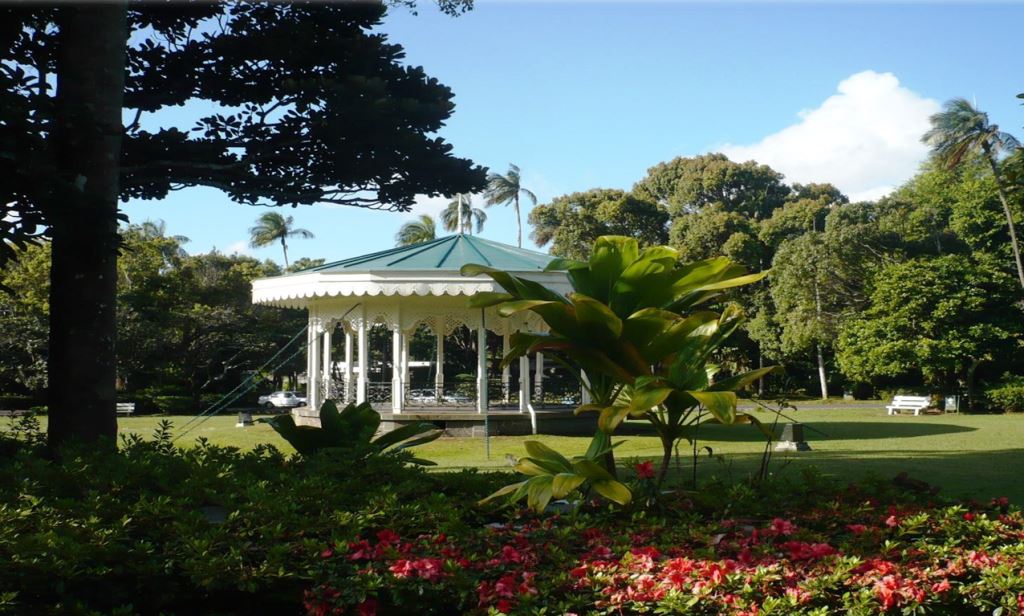

Curepipe Curepipe is by far one of the most densely populated areas within Central Mauritius, and...
Features information that is relevant to travellers who are thinking about and actively planning a visit to Mauritus.
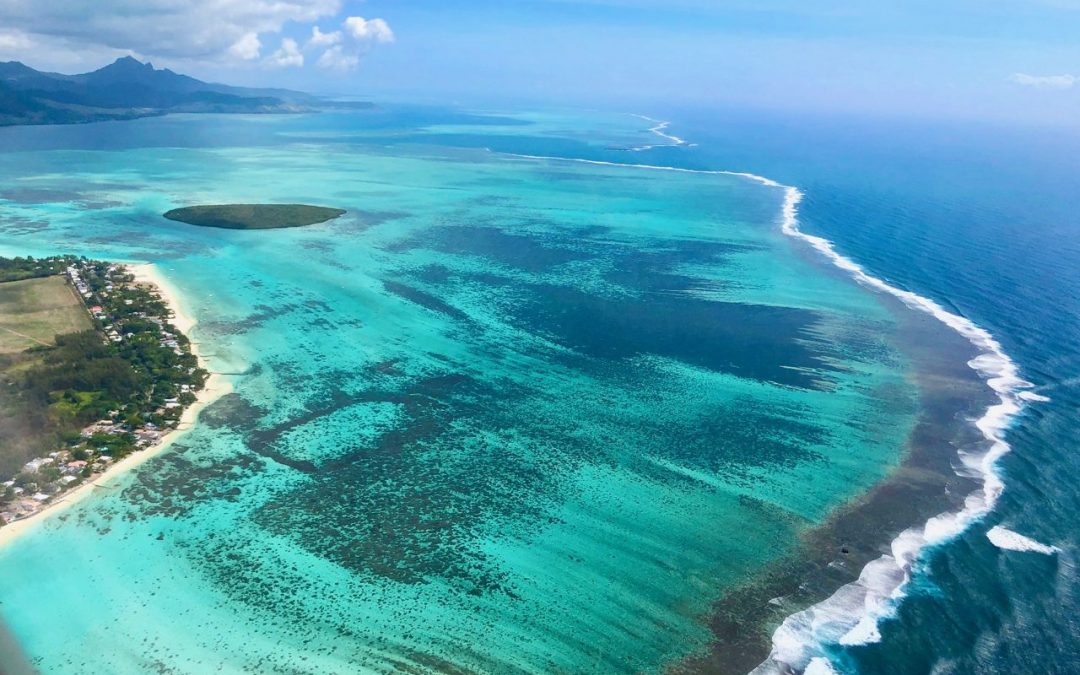
Mauritius is typically tropical in the coastal regions with forests in the mountainous areas. Seasonal cyclones, that generally occur between January and March are very destructive to the flora and fauna, although they recover quickly. Warm and humid summer is from November to April. The rest of the year has cooler dry winter.
The central plateau is much cooler than the surrounding coastal areas and receives double the rainfall of the coastal region. The trade winds keep the east side of the island cooler and bring more rain.
Mauritius faces environmental problems in water management, soil erosion, sustainable land use, invasive species, and preservation of its wildlife. The sources of water pollution are sewage and agricultural chemicals. Mauritius cities produce 0.1 million tons of solid waste annually. The erosion of the soil occurs through deforestation.
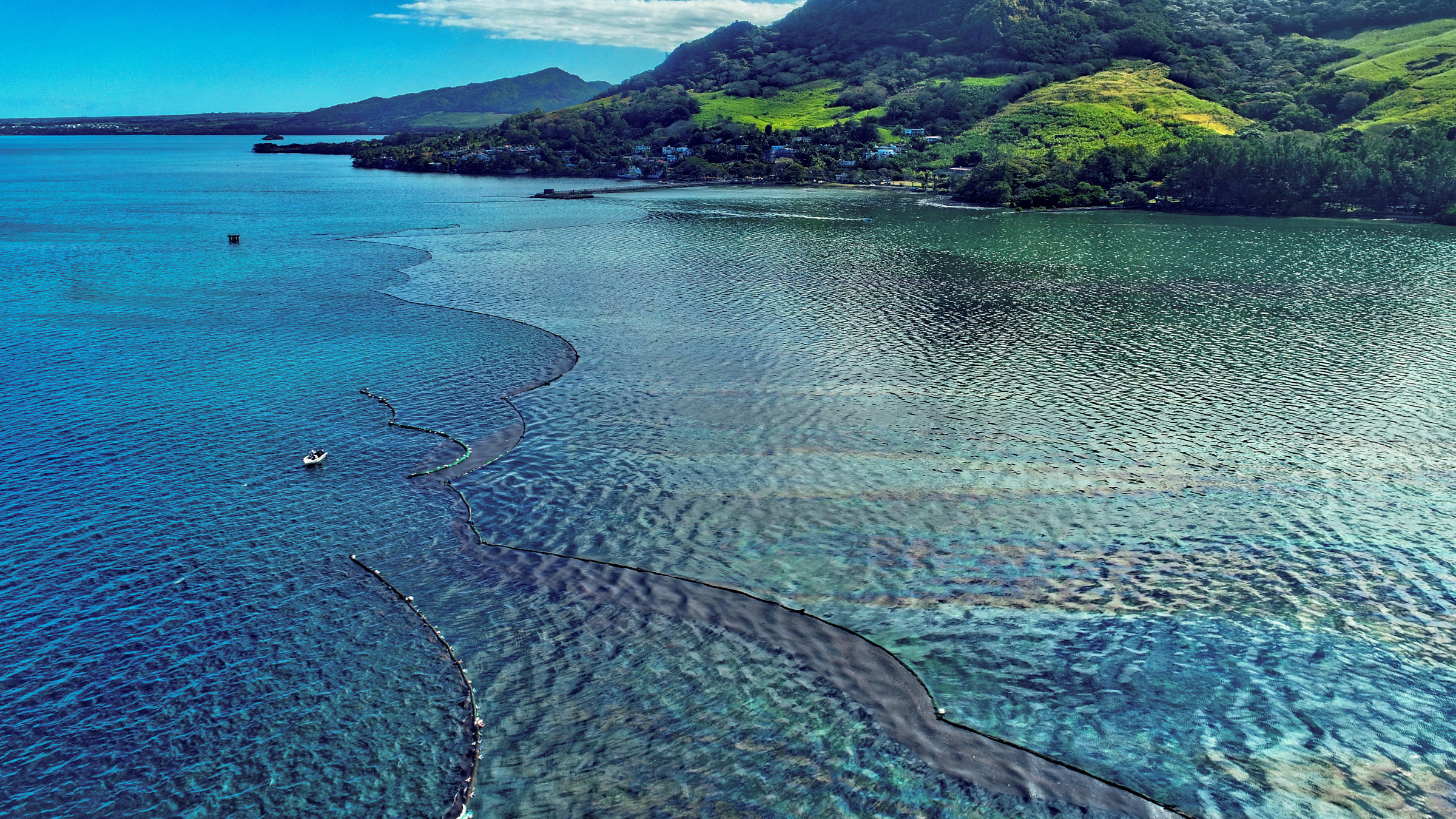
The government is adopting an Integrated Management Approach to Sustainable Environmental Management under the Environment Protection Act of 1991.
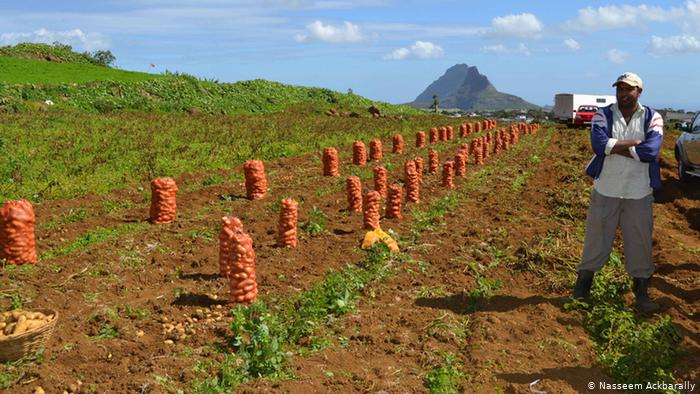
The overuse of chemical fertilizers to bump up their yields has turned the soil toxic. Farmers in Mauritius use about 50,000 tons of fertilizer each year. The chemicals leach into the island’s underground reservoirs when it rains. These chemicals pollute about 80 percent of water used by locals from these underground sources. Now attempts are being made to use compost instead of chemicals to remove the toxicity from the soil.
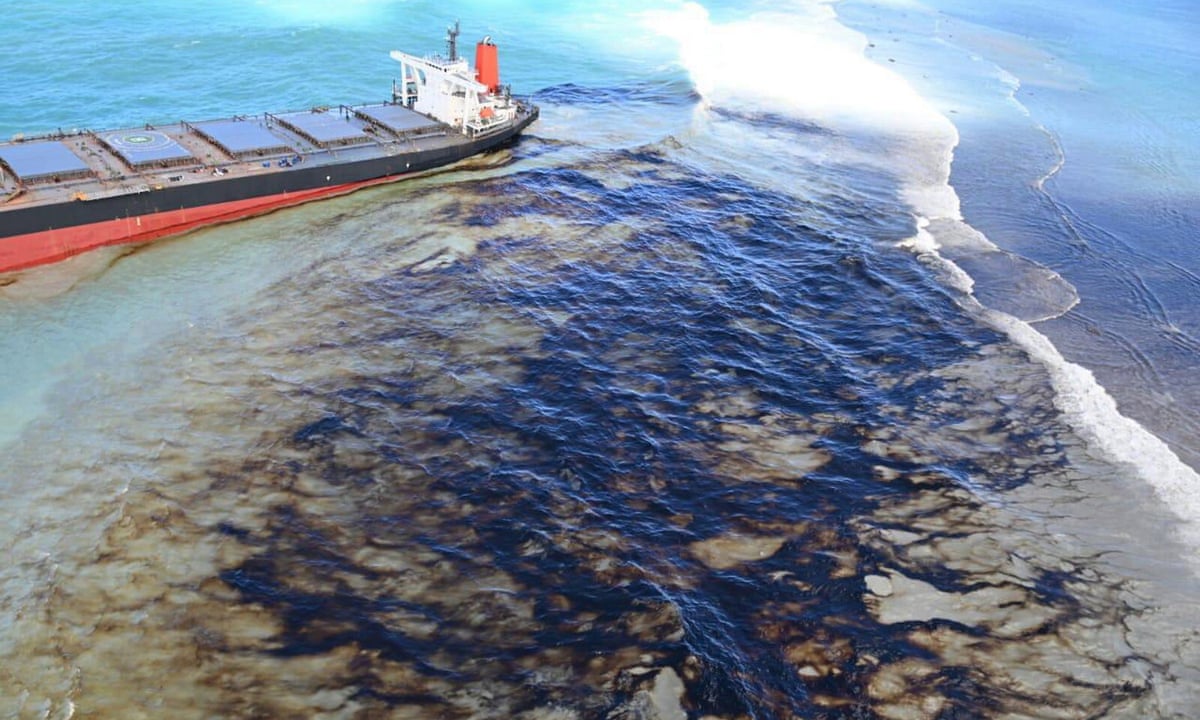
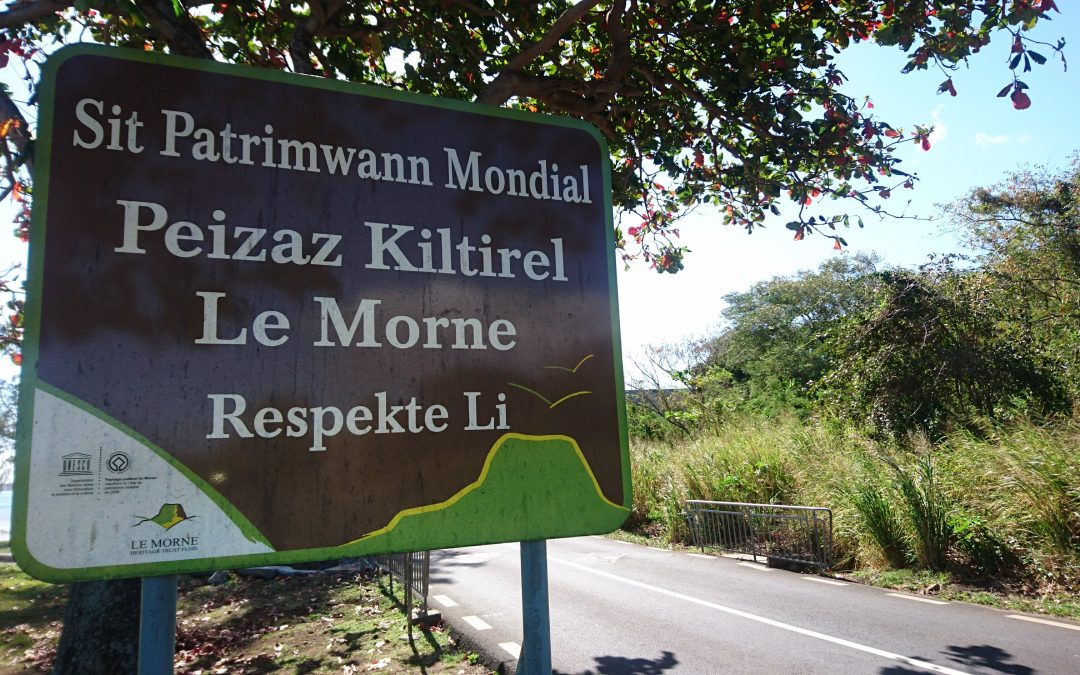
The Constitution of Mauritius mentions no official language. It only contains a statement in Article 49 that “The official language of the Assembly shall be English but any member may address the chair in French”. Thus English and French are de facto official languages.
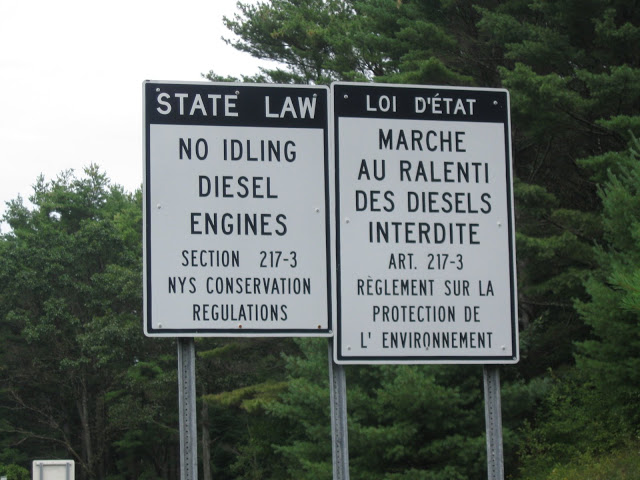
Mauritian Creole is spoken by 86.5% of the people at home. Mauritian Creole is a French-based Creole. Bhojpuri is spoken by 5.3% of the people, while French is spoken by 4.4%. Bhojpuri is an Indo-Aryan language spoken predominantly in the Northern-Eastern region of India and the Terai region of Nepal.
Most Mauritians are bi-lingual. Other languages you may hear include Hindi, Tamil, Marathi, Urdu, and some varieties of Chinese (predominantly Hakka and Mandarin).
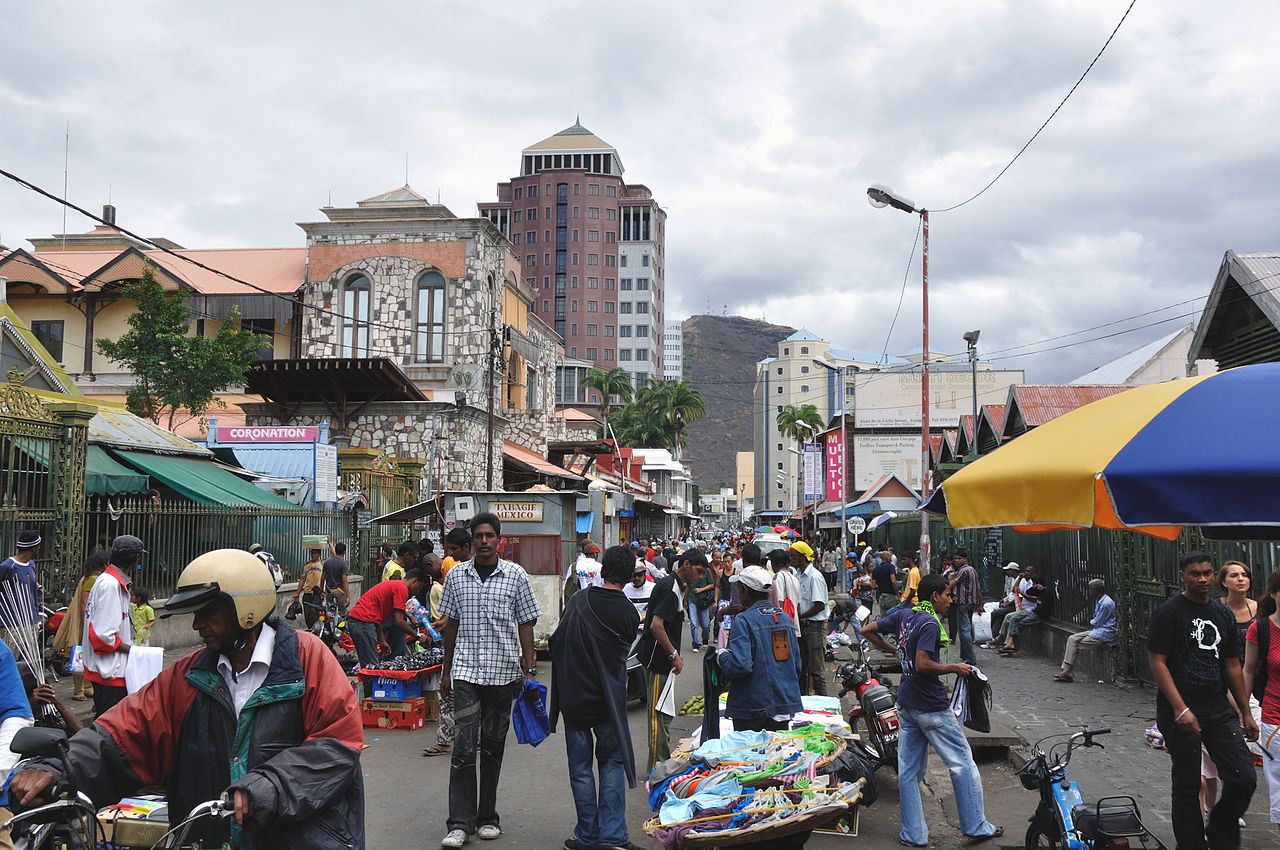
Your travel here can satisfy your short break for shopping, partying, sunbathing, fine dining, sporting events, and even a few sinful pleasures
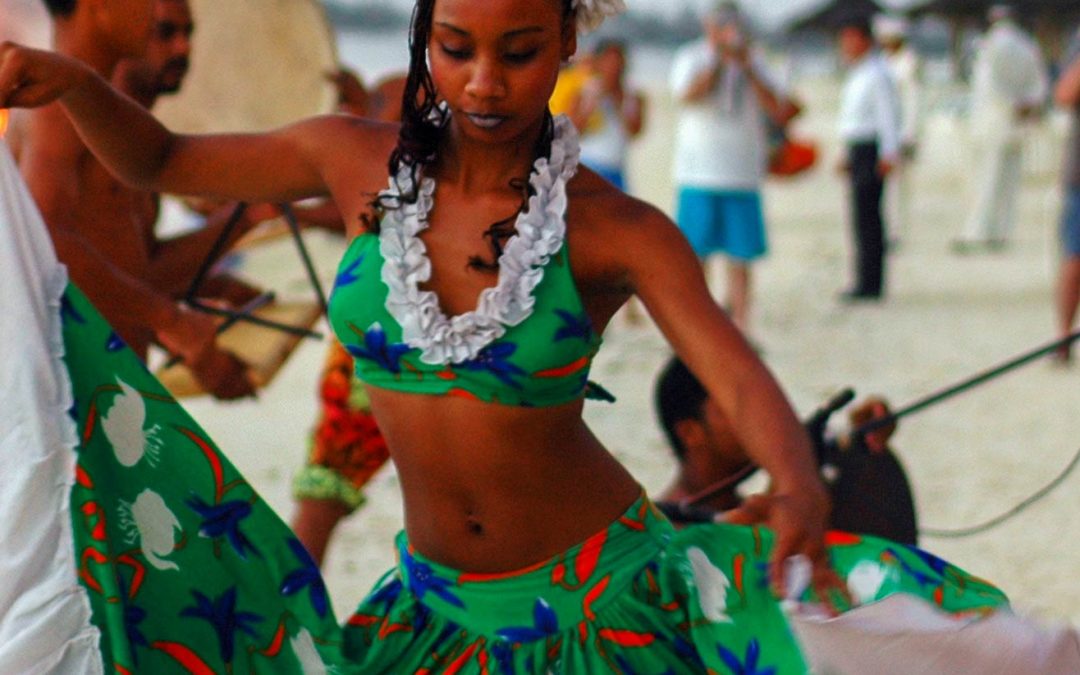
The majority of Mauritians are descended from Indians, Chinese, Malay, African and Malagasy and people from other parts of South Asia who were brought in as indentured labor to work in the plantations, while large minorities are also descended from Europeans.
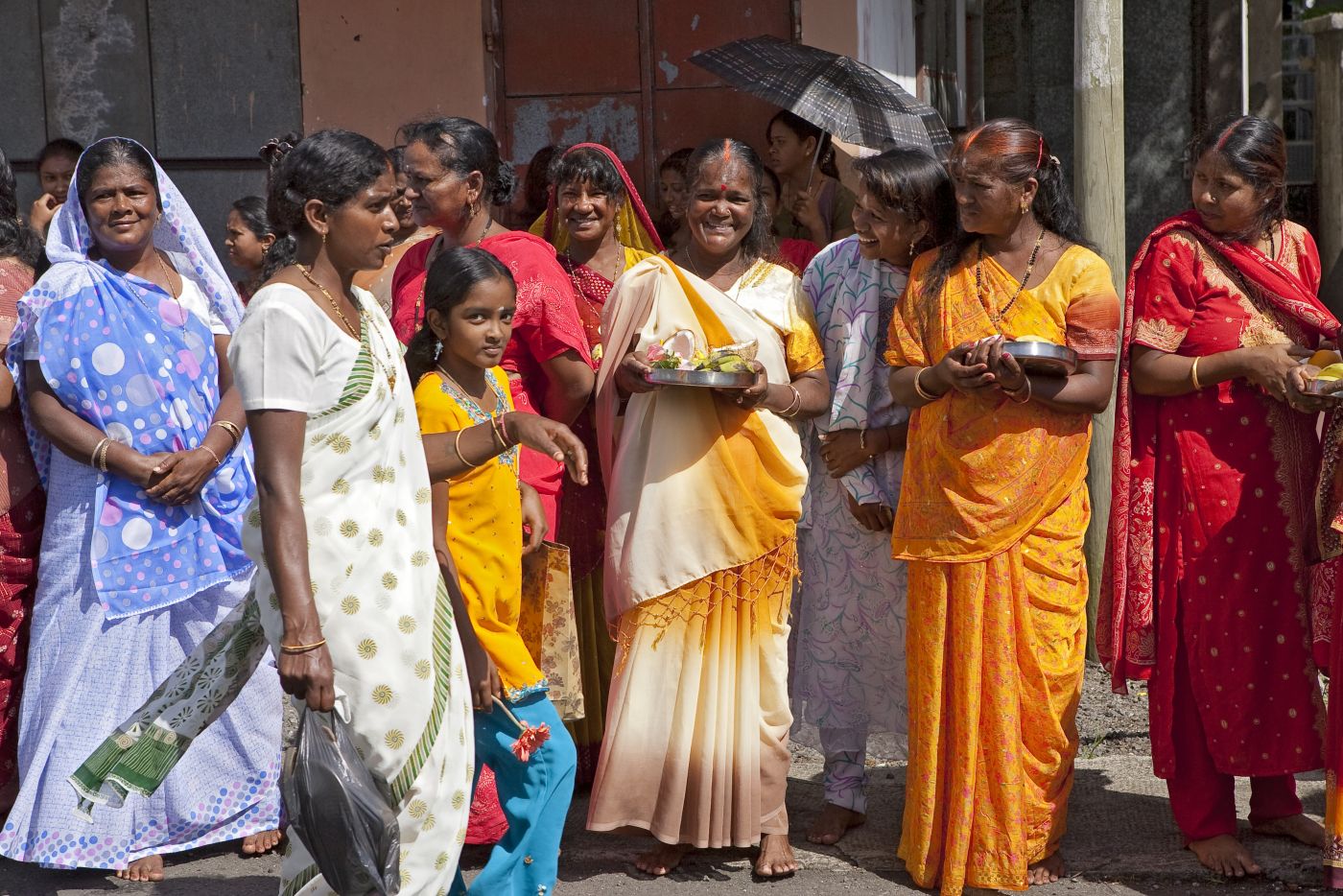
The Franco-Mauritian elite not only controlled nearly all of the large sugar estates but was also active in business and banking. When the population of Indian origin increased the political power shifted from the French elite to the Indians.
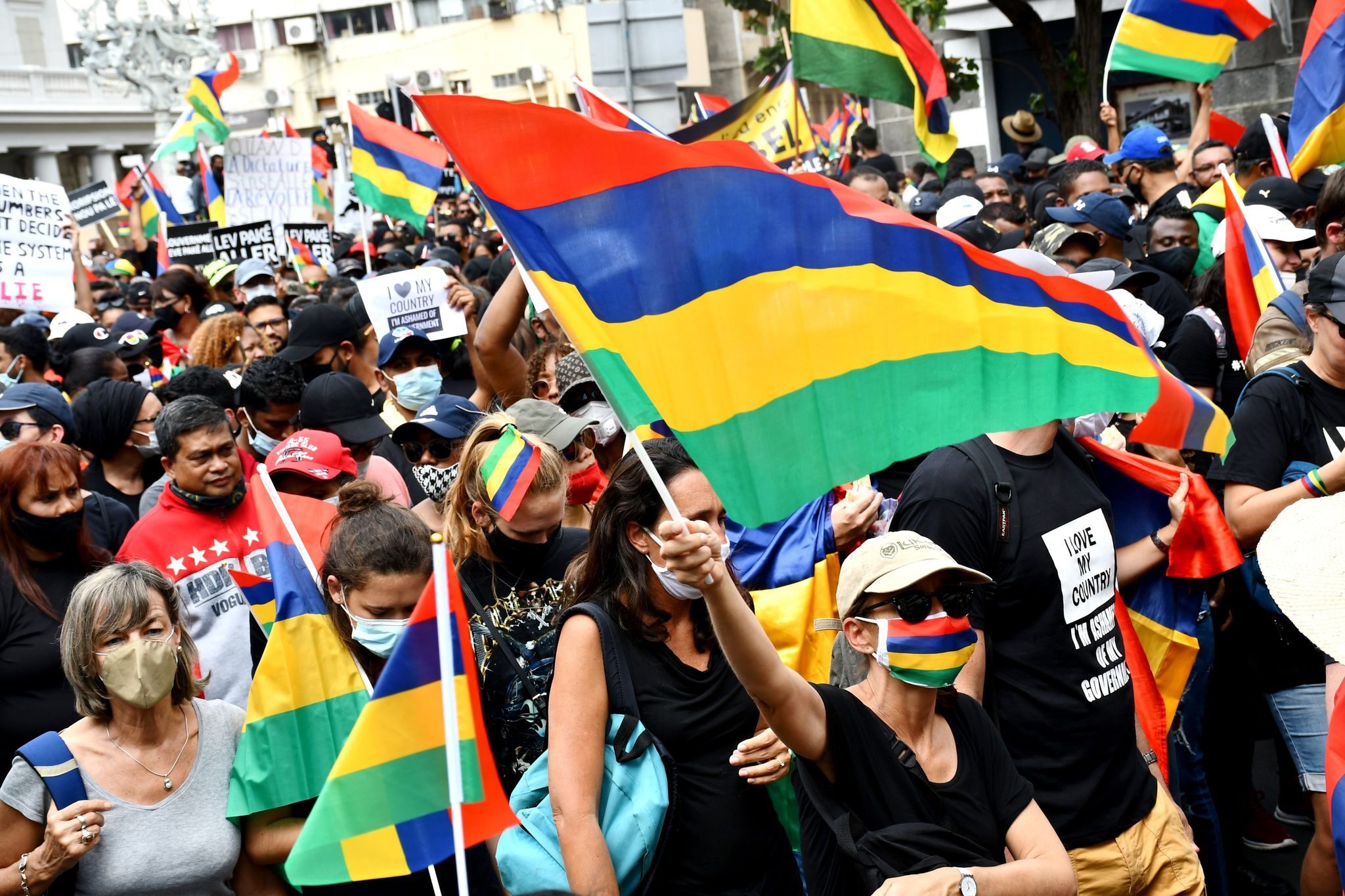
The ethnic groups of Mauritius consisted of Indo-Mauritians (30%), Afro-Mauritians (48%), Sino-Mauritians (26%), and Franco-Mauritians (28%).
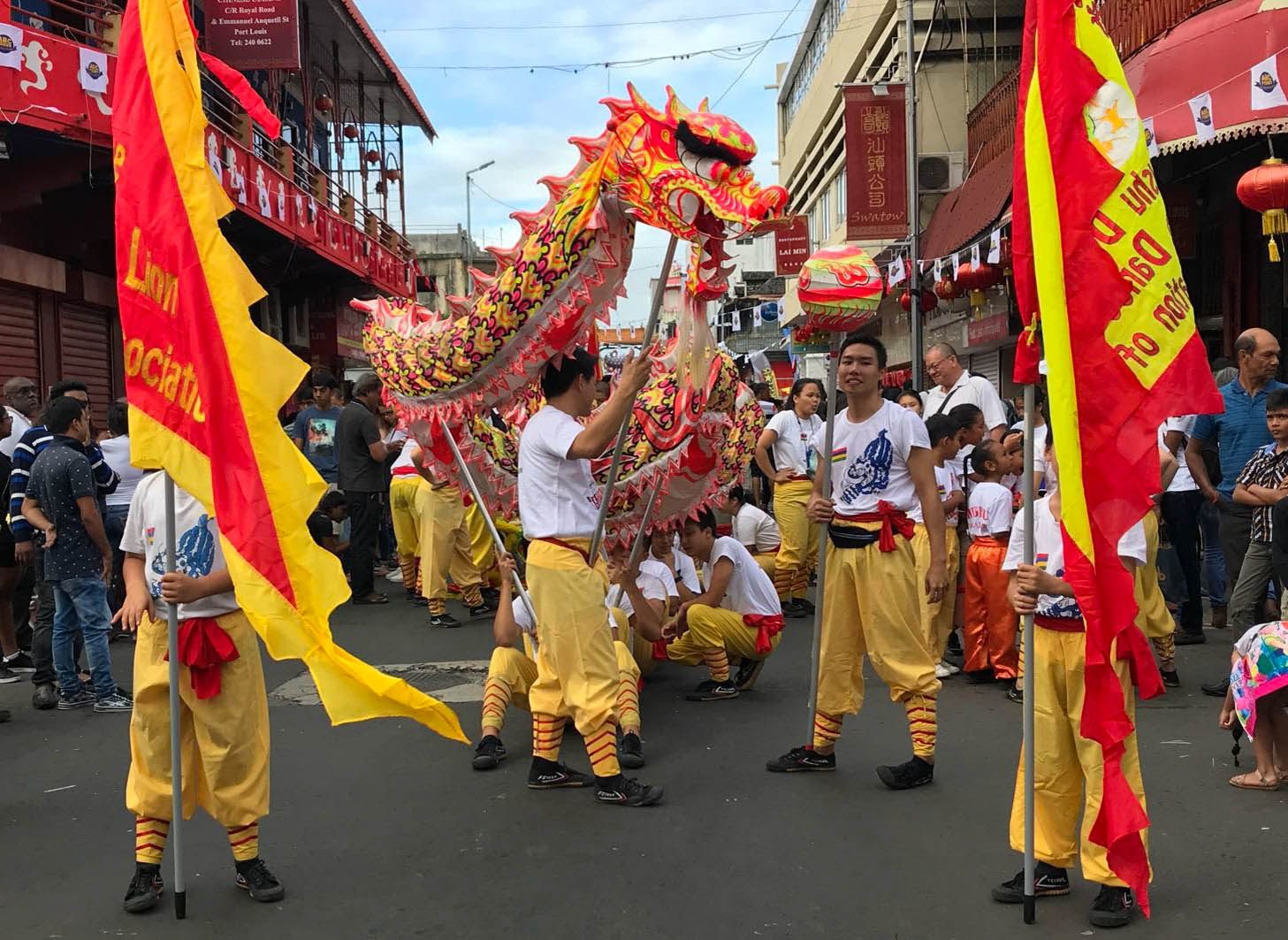
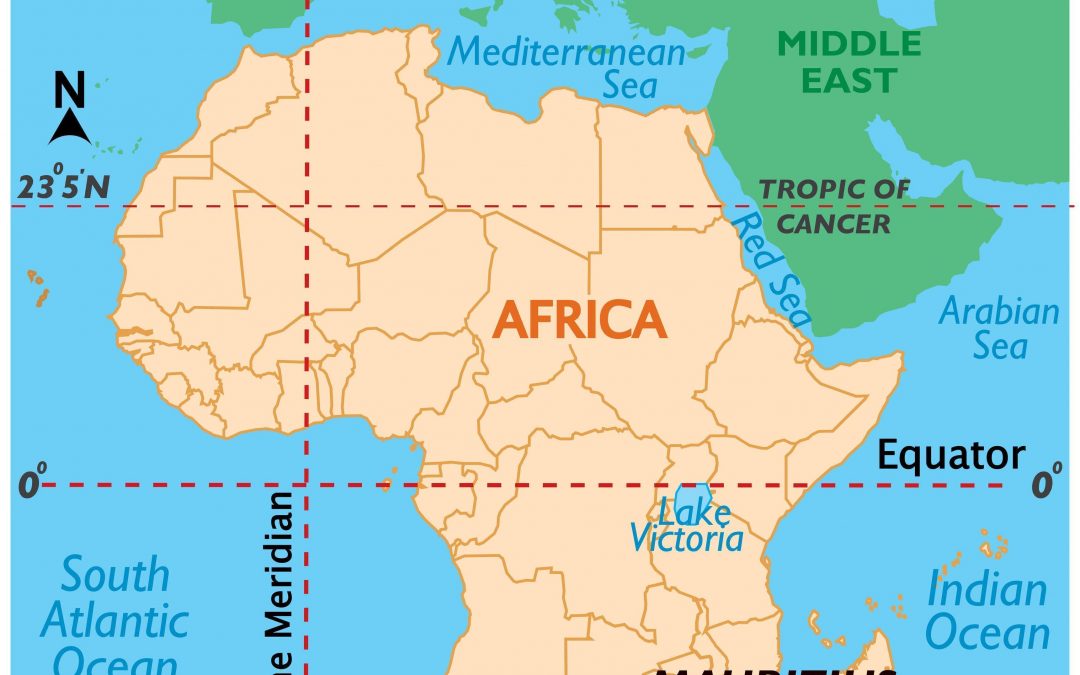
Mauritius is an island in the Indian Ocean about 2,000 kilometers off the southeast coast of the African continent, east of Madagascar. It includes Rodrigues, Agaléga and, the St. Brandon islands. Port Louis is the capital and the largest city where most of the population is concentrated.
In 1598 the Dutch took possession of Mauritius and abandoned it in 1710. France took control in 1715. In 1810, Great Britain seized the island and four years later France ceded Mauritius and its dependencies to Great Britain. It became independent in 1968.
The people of Mauritius are highly diverse in ethnicity, culture, language, and faith. It is the only country in Africa where Hinduism is the most practiced religion.
World Bank classifies Mauritius as a high-income economy. The country is a welfare state. The government provides free health care, free education up through the tertiary level, and free public transportation for students, senior citizens, and the disabled.
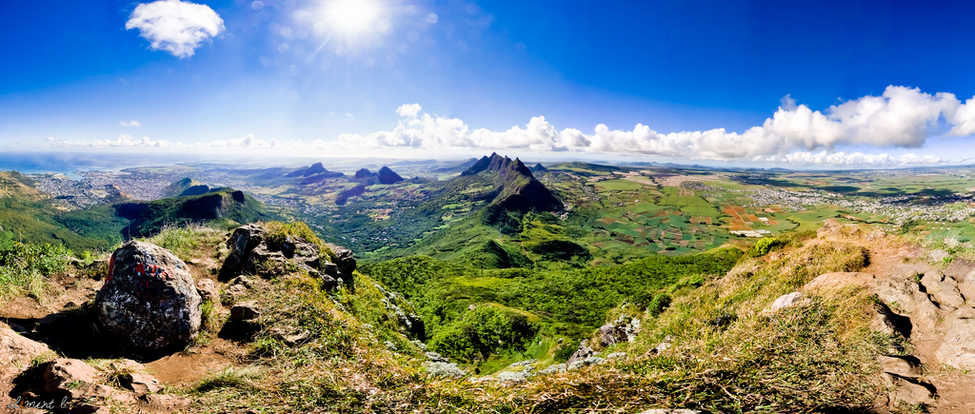
Your travel here can satisfy your short break for shopping, partying, sunbathing, fine dining, sporting events, and